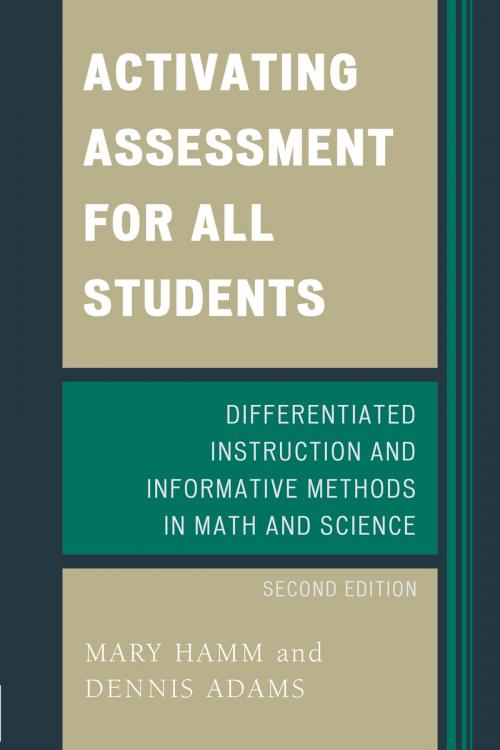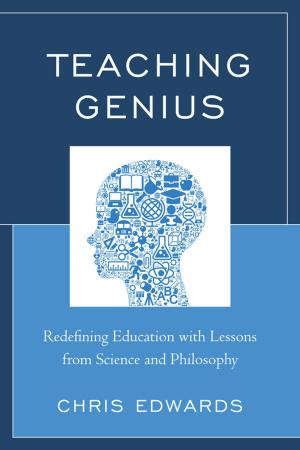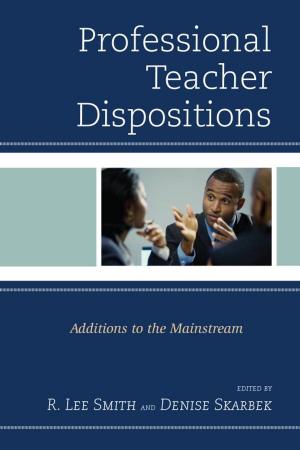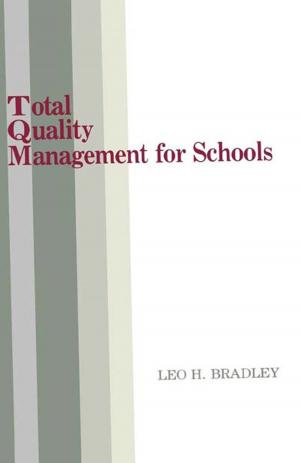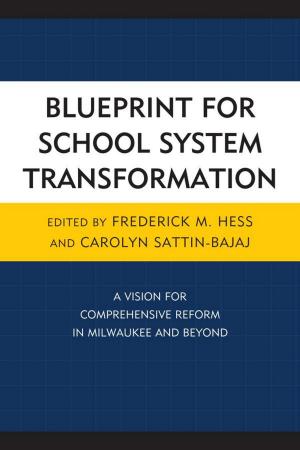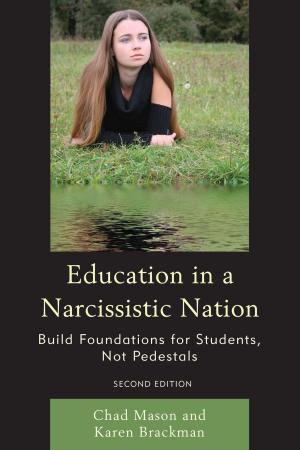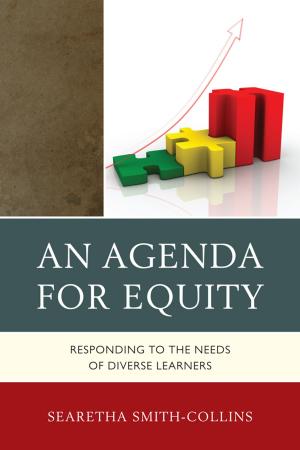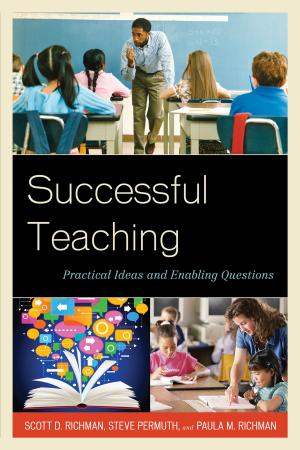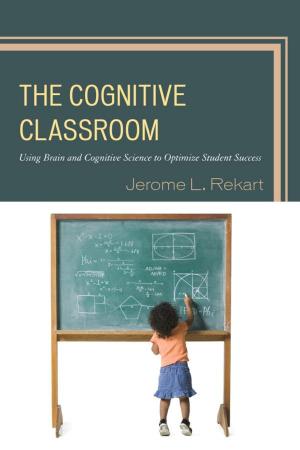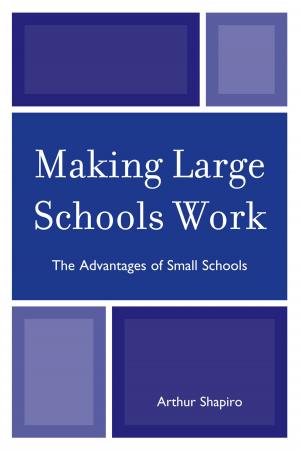Activating Assessment for All Students
Differentiated Instruction and Information Methods in Math and Science
Nonfiction, Reference & Language, Education & Teaching, Educational Theory, Testing & Measurement, Teaching, Teaching Methods| Author: | Mary Hamm, Dennis Adams | ISBN: | 9781475801996 |
| Publisher: | R&L Education | Publication: | December 14, 2012 |
| Imprint: | R&L Education | Language: | English |
| Author: | Mary Hamm, Dennis Adams |
| ISBN: | 9781475801996 |
| Publisher: | R&L Education |
| Publication: | December 14, 2012 |
| Imprint: | R&L Education |
| Language: | English |
Hamm and Adams present models to help teachers identify student learning problems—recognizing when to re-teach, when to move ahead, and when to explain or give more examples. Activating Assessment for All Students takes all of these into account when it provides differentiated science/math methods and goes on to suggest ways that formative assessment practices can inform differentiated teaching, learning, and assessment. These methods promote success for more students by helping teachers develop informative assessment for lessons and related tools for reaching the varying levels of student competencies within their classes.
This book builds on the expanding knowledge of what works in classrooms and suggests approaches that can open up individual and group possibilities for science and mathematics instruction. It intends to help you answer the following questions:
* What is differentiated instructional assessment?
* How can I amplify the results of DI by using formative assessments?
* How might quality assessment tools (like portfolios) benefit all students?
* How will I know that differentiated formative assessment works?
Hamm and Adams present models to help teachers identify student learning problems—recognizing when to re-teach, when to move ahead, and when to explain or give more examples. Activating Assessment for All Students takes all of these into account when it provides differentiated science/math methods and goes on to suggest ways that formative assessment practices can inform differentiated teaching, learning, and assessment. These methods promote success for more students by helping teachers develop informative assessment for lessons and related tools for reaching the varying levels of student competencies within their classes.
This book builds on the expanding knowledge of what works in classrooms and suggests approaches that can open up individual and group possibilities for science and mathematics instruction. It intends to help you answer the following questions:
* What is differentiated instructional assessment?
* How can I amplify the results of DI by using formative assessments?
* How might quality assessment tools (like portfolios) benefit all students?
* How will I know that differentiated formative assessment works?
